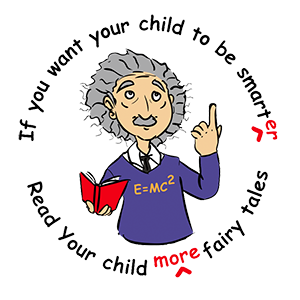Poetics (Samuel H. Butcher Translation) Unit Five, Chapter 9,10 & 11
by Aristotle
Written Text
A Translation by S. H. Butcher
IX [Poetry Contrasted with History]
It is, moreover, evident from what has been said, that it is not the function of the poet to relate what has happened, but what may happen,– what is possible according to the law of probability or necessity. The poet and the historian differ not by writing in verse or in prose. The work of Herodotus might be put into verse, and it would still be a species of history, with metre no less than without it. The true difference is that one relates what has happened, the other what may happen. Poetry, therefore, is a more philosophical and a higher thing than history, for poetry tends to express the universal, history the particular....
But again, Tragedy is an imitation not only of a complete action, but of events [which produce a catharsis by] inspiring fear or pity. Such an effect is best produced when the events come on us by sunrise; and the effect is heightened when, at the same time, they follow as cause and effect. The tragic wonder will then be greater than if they happened of themselves or by accident; for even coincidences are most striking when they have an air of design....
X [Simple Plots Contrasted with Complex Plots]
Plots are either Simple or Complex, for the actions in real life, of which the plots are an imitation, obviously show a similar distinction. An action which is one and continuous in the sense above defined, I call Simple, when the change of fortune takes place without Reversal of the Situation and without Recognition.
A Complex action is one in which the change is accompanied by such Reversal, or by Recognition, or by both. These last should arise from the internal structure of the plot, so that what follows should be the necessary or probable result of the preceding action....
XI [Reversal and Recognition]
Reversal of the Situation, or peripeteia, is a change by which the action veers round to its opposite, subject always to our rule of probability or necessity. Thus in the Oedipus, the messenger comes to cheer Oedipus and free him from his alarms about his mother, but by revealing who he is, he produces the opposite effect....
Recognition or anagnorisis, as the name indicates, is a change from ignorance to knowledge, producing love or hate between the persons destined by the poet for good or bad fortune. The best form of recognition is coincident with a Reversal of the Situation, as in the Oedipus.... This recognition, combined, with Reversal, will produce either pity or fear; and actions producing these effects are those which, by our definition, Tragedy represents. Moreover, it is upon such situations that the issues of good or bad fortune will depend....
Two parts, then, of the Plot--Reversal of the Situation and Recognition--turn upon surprises. A third part is the Scene of Suffering. The Scene of Suffering is a destructive or painful action, such as death on the stage, bodily agony, wounds and the like.
…………………………………..







